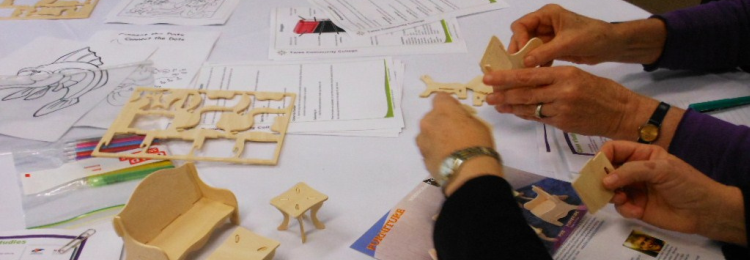

Watch This for a Quick Boost of Joy
...
Warning: 1 Act of Kindness Per Day Doesn’t Make You Happier. But 5 Acts of Kindness Per Day Just Might
In 2005, a study was conducted proving that engaging in deliberate acts of kindness leads to increased well-being, with one caveat: it must be done in such a way that exceeds the individual’s propensity to be kind. Specifically, engaging in an act of kindness per day, for a week, will not lead to well-being benefits, but doing, say, five acts of kindness in a single day, does. Why is it that just doing little acts of kindness doesn’t really make you feel that much better? Like anything that’s positive for you, eventually you’re going to start taking it for granted over time, and it’s not going to make you as happy as it once did. There’s a term for this, and it’s called ‘hedonistic adaptation.’ Now there’s a trick to scratching this itch of the human condition, and it’s to actively plan out experiences that throw off the pattern. So why don’t you try it for yourself? Go out and fill a day with doing the world some good. Image: "Friendship" by Pink Sherbet...
The Health Risks of Social Isolation
I did my doctoral dissertation on the health effects of social isolation, and what we found was that people who were socially isolated, i.e. people who were either not married, or didn’t have many friends and relatives, or didn’t belong to voluntary or religious organizations, had a mortality risk that was about 3 times as high as people who had many more sources of contacts. –Dr. Lisa Berkman, director of the Harvard Center for Population and Development Studies, discusses research findings showing health risks rise for people who are socially isolated, especially older adults. Also, here is Dr. Berkman’s abstract for her paper “The Role of Social Relations in Health Promotion“: In considering new paradigms for the prevention and treatment of disease and disability, we need to incorporate ways to promote social support and develop family and community strengths and abilities into our interventions.There is now a substantial body of evidence that indicates that the extent to which social relationships are strong and supportive is related to the health of individuals who live within such social contexts. A review of population-based research on mortality risk over the last 20 years indicates that people who are isolated are at increased mortality risk from a number of causes. More recent studies indicate that social support is particularly related to survival postmyocardial infarction. The pathways that lead from such socioenvironmental exposures to poor health outcomes are likely to be multiple and include behavioral mechanisms and more direct physiologic pathways related to neuroendocrine or immunologic function. For social support to be health promoting, it must provide both a sense of belonging and intimacy and must...
